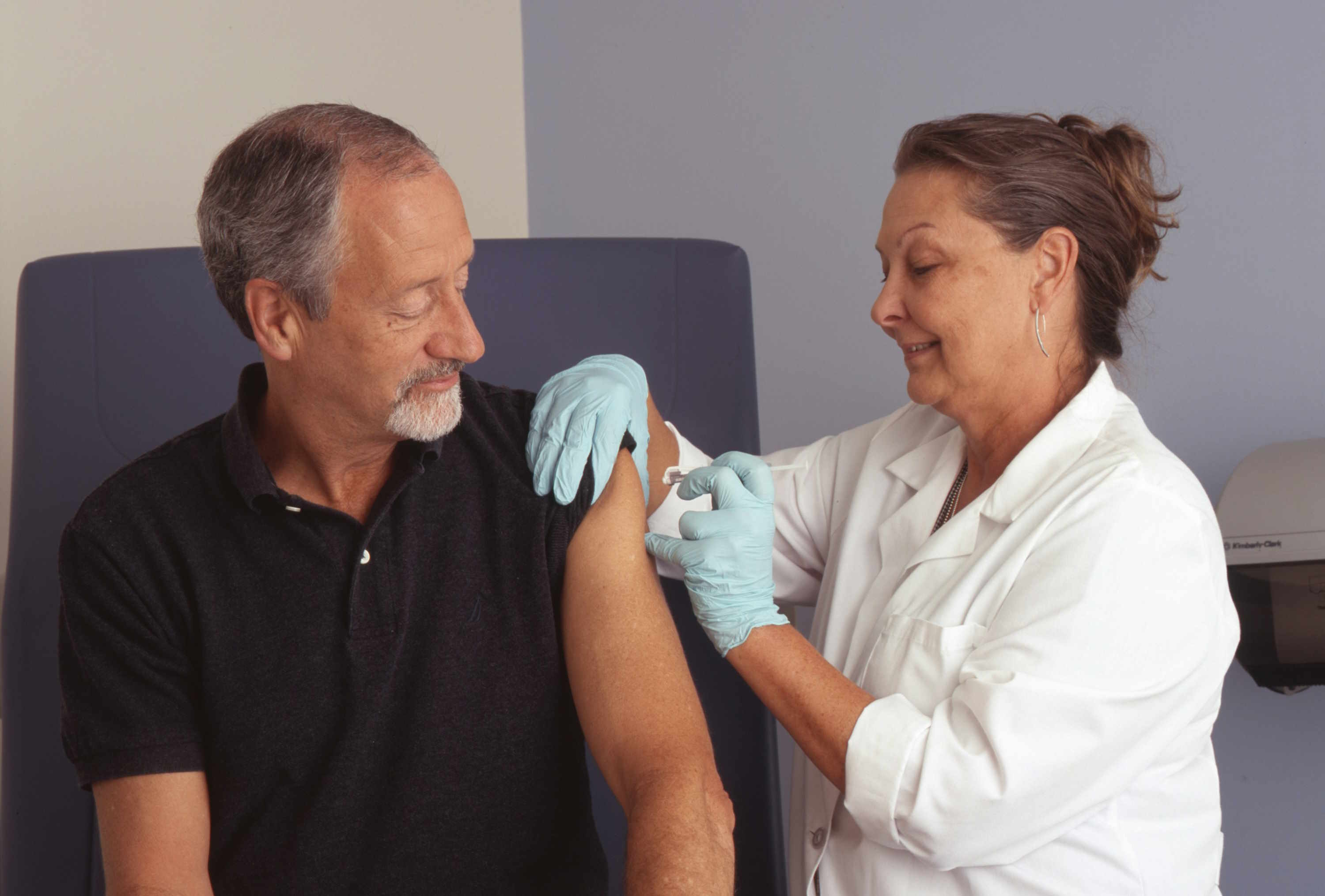Prostate Cancer Treatment: Understanding Your Options
Prostate cancer is one of the most common cancers affecting men worldwide. As medical science advances, treatment options continue to evolve, offering hope and improved outcomes for patients. This article explores the various approaches to prostate cancer treatment, helping you understand the available options and their potential benefits.

What are the main treatment options for prostate cancer?
Treatment for prostate cancer depends on various factors, including the stage and grade of the cancer, the patient’s age, overall health, and personal preferences. The main treatment options include:
-
Active surveillance: For low-risk, slow-growing cancers, doctors may recommend closely monitoring the cancer without immediate treatment.
-
Surgery: Radical prostatectomy involves removing the entire prostate gland and surrounding tissues.
-
Radiation therapy: This uses high-energy rays to kill cancer cells, either through external beam radiation or brachytherapy (internal radiation).
-
Hormone therapy: This treatment aims to reduce levels of male hormones (androgens) that can fuel prostate cancer growth.
-
Chemotherapy: Used for advanced or metastatic prostate cancer, this treatment uses drugs to kill cancer cells throughout the body.
-
Immunotherapy: This approach stimulates the body’s immune system to fight cancer cells.
How do doctors determine the best treatment plan?
Choosing the most appropriate treatment plan involves careful consideration of several factors:
-
Cancer stage and grade: The extent of cancer spread and its aggressiveness play a crucial role in treatment decisions.
-
Patient’s age and overall health: Younger, healthier patients may be candidates for more aggressive treatments.
-
Potential side effects: Different treatments carry various risks and side effects, which must be weighed against their potential benefits.
-
Patient preferences: Some men may prioritize quality of life over aggressive treatment, while others may opt for more intensive approaches.
-
PSA levels and Gleason score: These indicators help assess the cancer’s severity and guide treatment decisions.
Doctors work closely with patients to develop personalized treatment plans that balance effectiveness with quality of life considerations.
What are the latest advancements in prostate cancer treatment?
Medical research continues to improve prostate cancer treatment options:
-
Focal therapy: This approach targets only the cancerous areas of the prostate, minimizing damage to surrounding healthy tissue.
-
Proton beam therapy: A form of radiation therapy that may offer more precise targeting of cancer cells with fewer side effects.
-
Genetic testing and targeted therapies: Identifying specific genetic mutations in prostate cancer cells can help guide more personalized treatment approaches.
-
Artificial intelligence: AI algorithms are being developed to assist in treatment planning and predicting outcomes.
-
Immunotherapy advancements: New drugs and combination therapies are showing promise in boosting the immune system’s ability to fight prostate cancer.
What are the potential side effects of prostate cancer treatments?
While treatments aim to eradicate cancer, they may also cause side effects:
-
Surgery: Potential risks include urinary incontinence and erectile dysfunction.
-
Radiation therapy: Side effects may include urinary problems, bowel issues, and erectile dysfunction.
-
Hormone therapy: Can lead to hot flashes, loss of libido, and osteoporosis.
-
Chemotherapy: May cause fatigue, nausea, hair loss, and increased risk of infections.
-
Immunotherapy: Potential side effects include fatigue, skin reactions, and autoimmune-related issues.
It’s crucial for patients to discuss potential side effects with their healthcare team and weigh them against the expected benefits of each treatment option.
How can patients manage the emotional impact of prostate cancer?
A prostate cancer diagnosis and subsequent treatment can have significant emotional and psychological effects. Patients may experience anxiety, depression, or concerns about their masculinity and relationships. To manage these challenges:
-
Seek support from family, friends, or support groups specifically for prostate cancer patients.
-
Consider professional counseling or therapy to address emotional concerns.
-
Stay informed about the disease and treatment options to feel more in control.
-
Maintain open communication with your healthcare team about any concerns or side effects.
-
Focus on overall health through diet, exercise, and stress-reduction techniques.
Prostate cancer treatment has come a long way, offering numerous options for patients. By working closely with healthcare professionals and staying informed about the latest advancements, patients can make informed decisions about their care. Remember that each case is unique, and personalized treatment plans offer the best chance for positive outcomes and improved quality of life.
This article is for informational purposes only and should not be considered medical advice. Please consult a qualified healthcare professional for personalized guidance and treatment.






